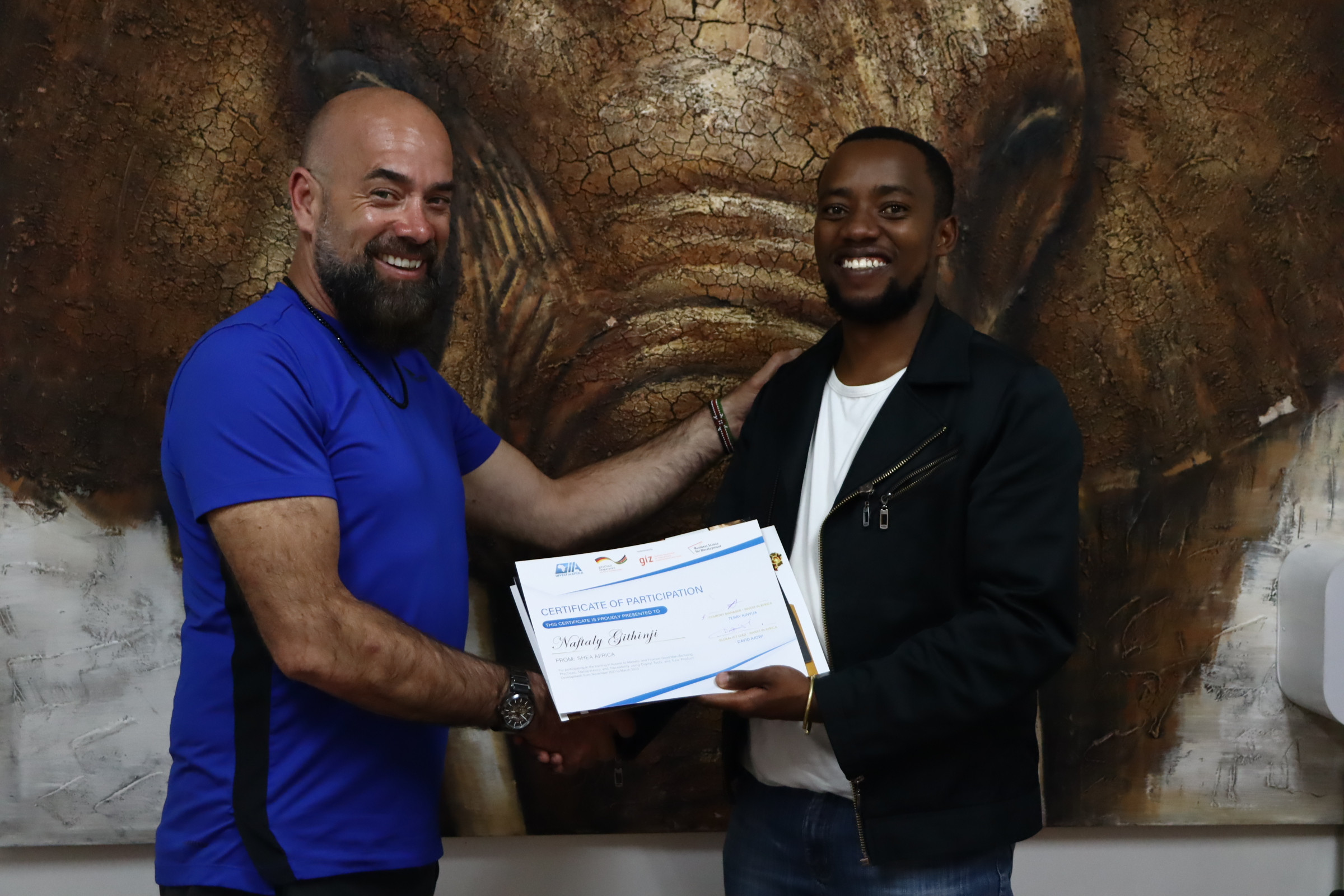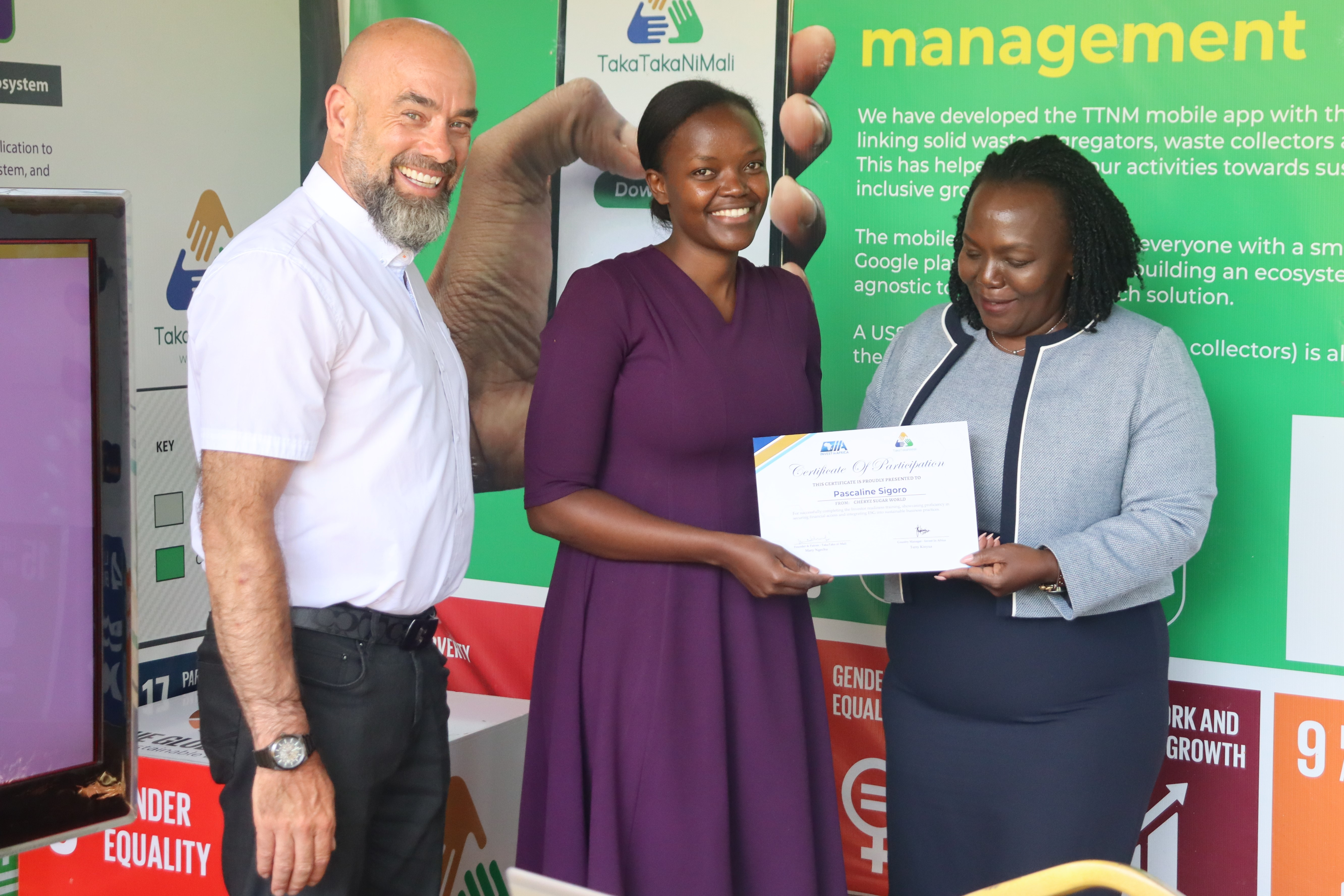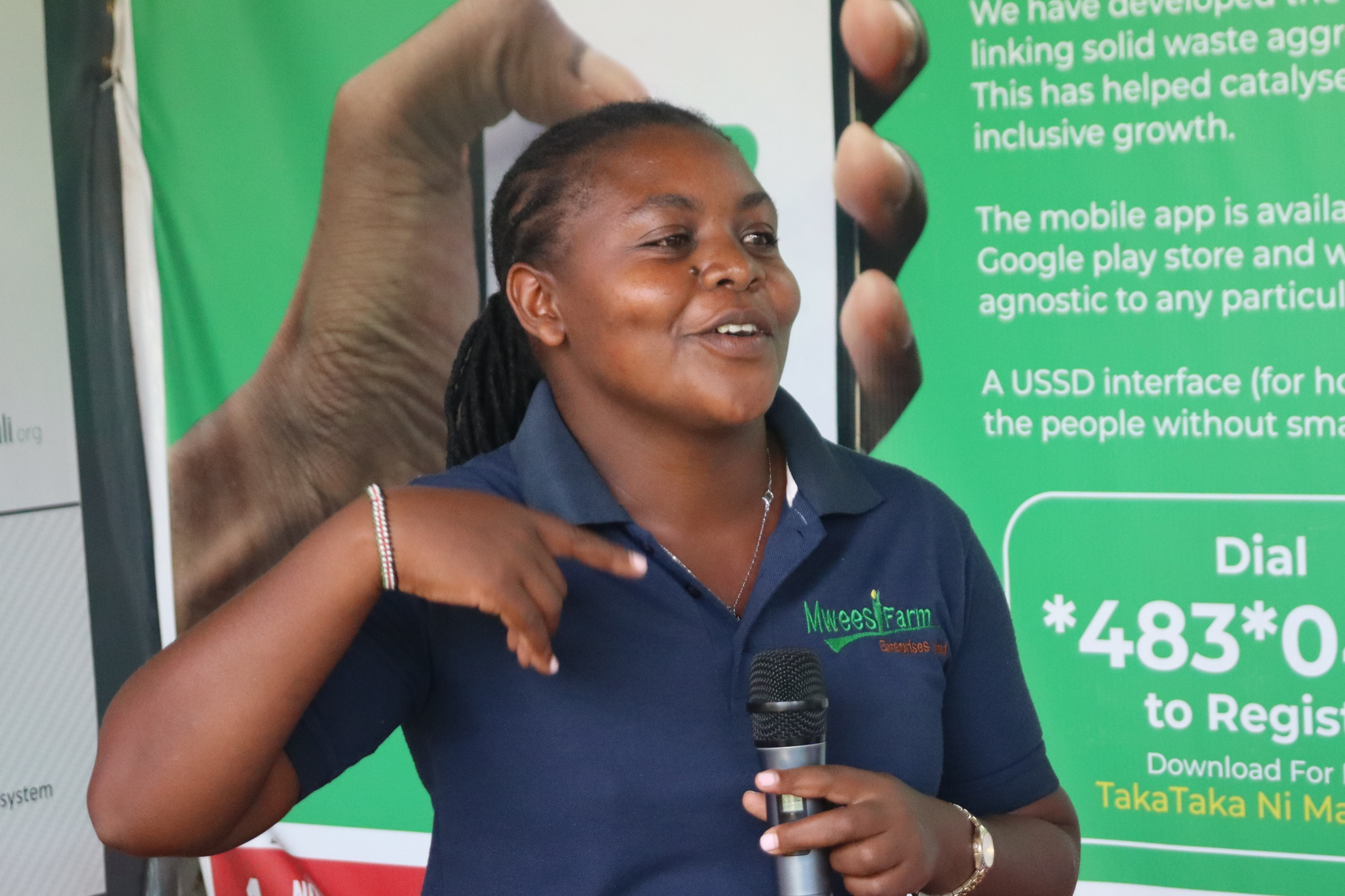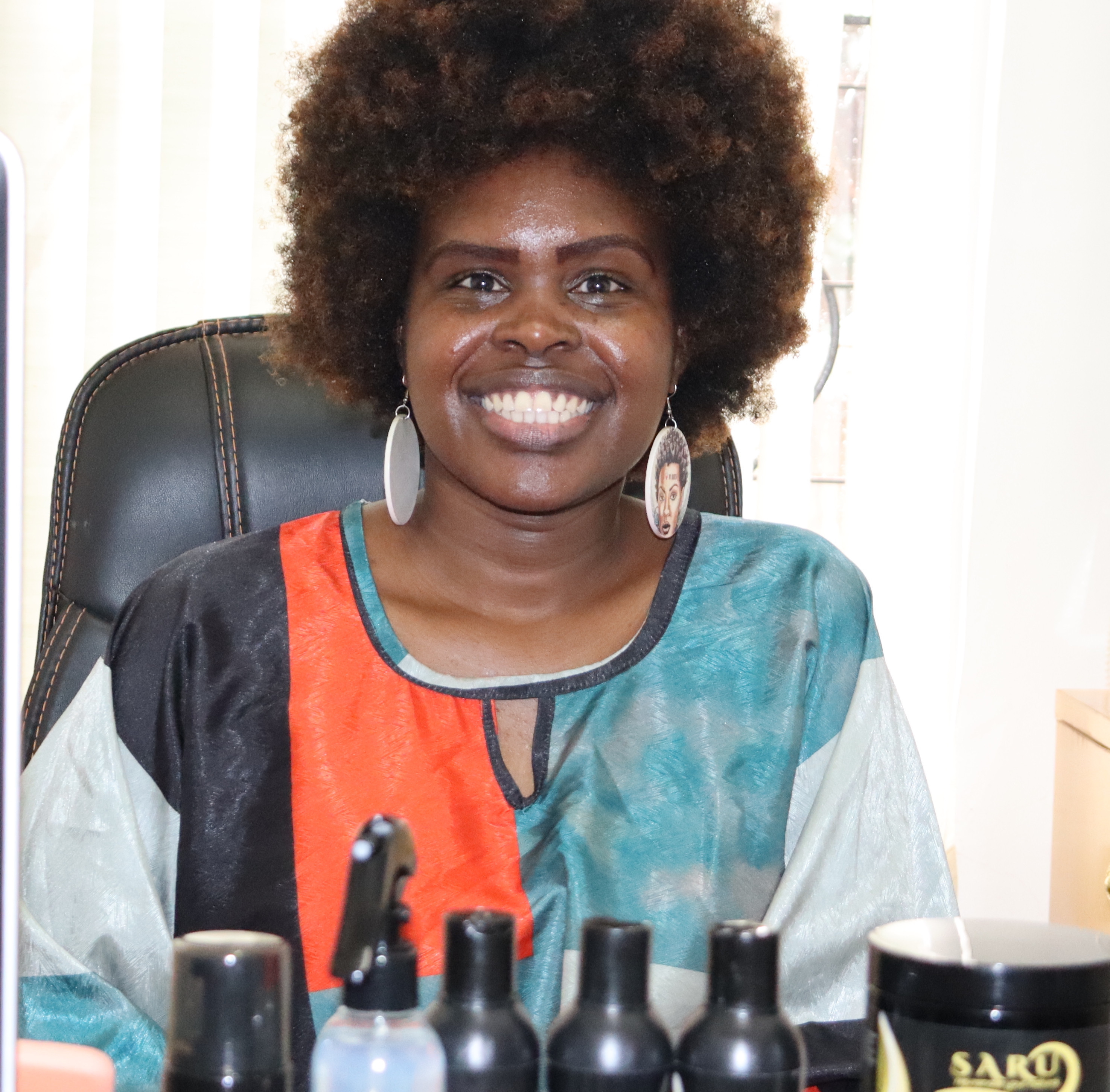Investor readiness enhances access to finance for Shea Africa through improved compliance.

Shea Africa is a manufacturing enterprise based in Kenya, operating within the cosmetics industry. According to Naftaly Githinji, the Chief Executive Officer (CEO) and co-founder, the main goal for Shea Africa is to inspire beauty and ignite confidence through natural beauty products.
Shea Africa has been attempting to expand its market share by venturing into the export market. “The lean local market for natural beauty products is quite competitive, and as a result, we have been seeking to edge into the international market,” said Naftali. However, the attempt by Shea Africa to export its products continued to be challenged by insufficient capacity and non-compliance to regulatory standards. Naftaly says that their next step was to seek financing to acquire the compliance documents required by the international market and improve the product quality to meet the required standards. However, this step also faced a setback because the company did not meet the investment criteria of financiers.
Research has estimated that around 90% of Kenyan small and medium-sized enterprises (SMEs) operate within the informal sector (KAAA, 2017). These findings mean that SMEs lack the necessary structure for doing business formally. Like Shea Africa, most of these enterprises struggle with the challenge of inadequate or no access to finance due to non-compliance.
Lack of finance has been one of the main factors curtailing the growth and development of SMEs. How can these enterprises augment their compliance into formal businesses that can fit the standard finance criteria of investors and financial institutions?
Naftali joined the Invest in Africa (IIA) and GIZ program on upscaling manufacturing SMEs in natural products to scale up his business through external financing and venturing into the export market. “It was inspiring to realize that the program had an ‘access to finance’ module that would prepare the business for funding opportunities.” Said Naftali
Under the access to finance module, the SMEs bridged the structural and operational gaps that would hinder their qualification for financing opportunities. Through the program, the entrepreneurs developed professional financial pitch decks for their businesses to ensure they could formally pitch for financing. By interacting with various financiers and investors within the program, the entrepreneurs learned the requirements to meet standard financing criteria, implemented the same within their businesses, and included them in their pitch decks.
“My business has improved quite a bit since I joined the program. Engaging with financiers and the other stakeholders within the program and the professional pitch deck has built my confidence to present the business effectively in front of financiers,” said Naftali. According to the CEO, Shea Africa has engaged with two financial institutions one year into the program. The company Pitched to Kenya Climate Innovation Center (KCIC) for grant funding and had a conversation with ABSA bank on finance opportunities. “Unlike the previous years when we did not even know where to start to get financing, we now have confidence in getting positive feedback in the opportunities we apply for,” added Naftali.
They are hopeful to make a successful pitch to KCIC in the future.
Shea Africa is one of the 40 enterprises from Kenya and Uganda that participated in a program to upscale manufacturing SMEs in natural products. The program was implemented by Invest in Africa (IIA) in partnership with GIZ Business Scouts for Development.






